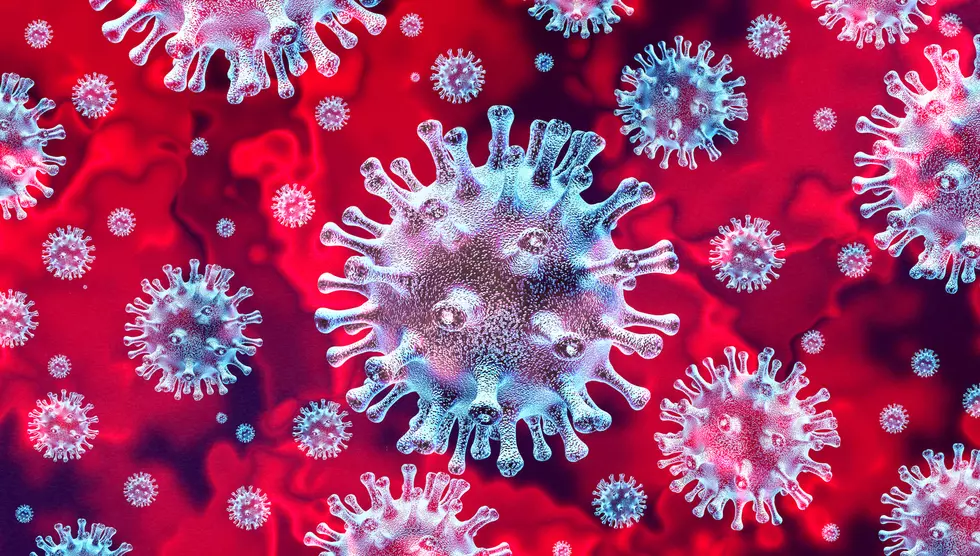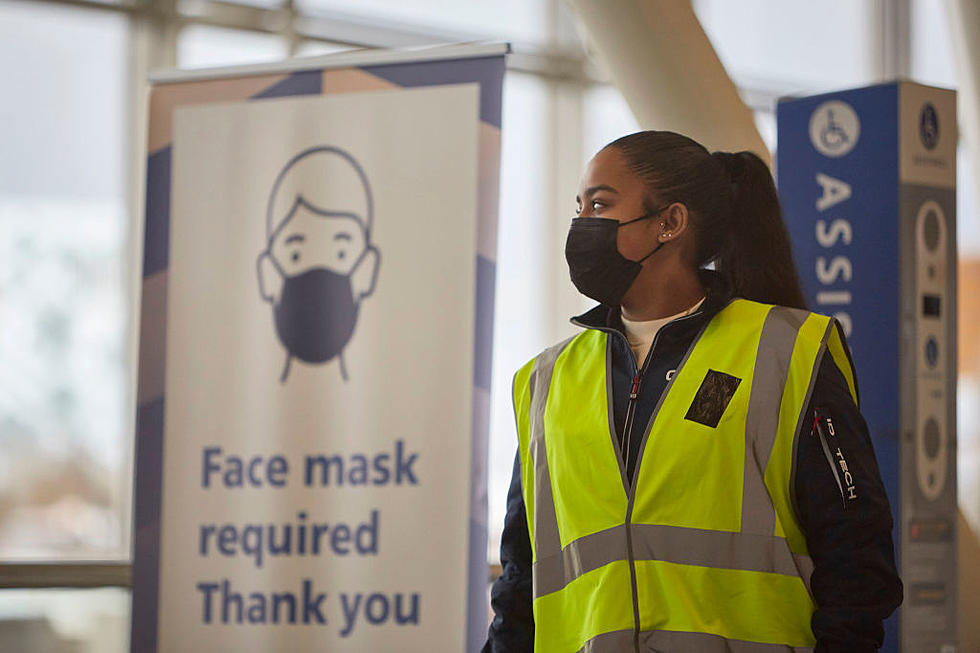
New COVID-19 Variant Found in Texas Resistant to Antibodies
A new variant of COVID-19 has been identified by researchers with Texas A&M University.
KXAN reports that the variant, known as BV-1 due to the fact that it was first discovered in the Brazos Valley, was identified from a saliva sample taken from a student. It’s believed to be related to the United Kingdom variant.
What’s different about the BV-1 COVID-19 variant?
The student had experienced mild flu-like symptoms for almost a month, which is much longer than the typical infection in young adults. The long infection period suggests the virus is resistant to antibodies.

Texas A&M Global Health Research Complex (GHRC) Chief Virologist Ben Neuman had this to say in a press release:
We do not at present know the full significance of this variant, but it has a combination of mutations similar to other internationally notifiable variants of concern. This variant combines genetic markers separately associated with rapid spread, severe disease and high resistance to neutralizing antibodies.
Even though researchers worldwide have identified thousands of COVID-19 variants, only five have been confirmed by the Centers for Disease Control and Prevention (CDC).
Does the COVID-19 vaccine protect against variants?
According to Advisory, researchers are still trying to determine just how effective the vaccine is against variants. In some countries, variants are the dominant strain. In the United States, the British variant is currently the dominant coronavirus strain.
Preliminary studies suggest that some vaccines are better than others when it comes to fighting variants, especially the Pfizer vaccine. Researchers in Israel conducted the first real-world study to determine the efficacy of the vaccine against variants, with mostly positive results.
LOOK: Answers to 30 common COVID-19 vaccine questions
In Pictures: What Education Looks Like Around the World During a Pandemic
More From Newstalk 1290









